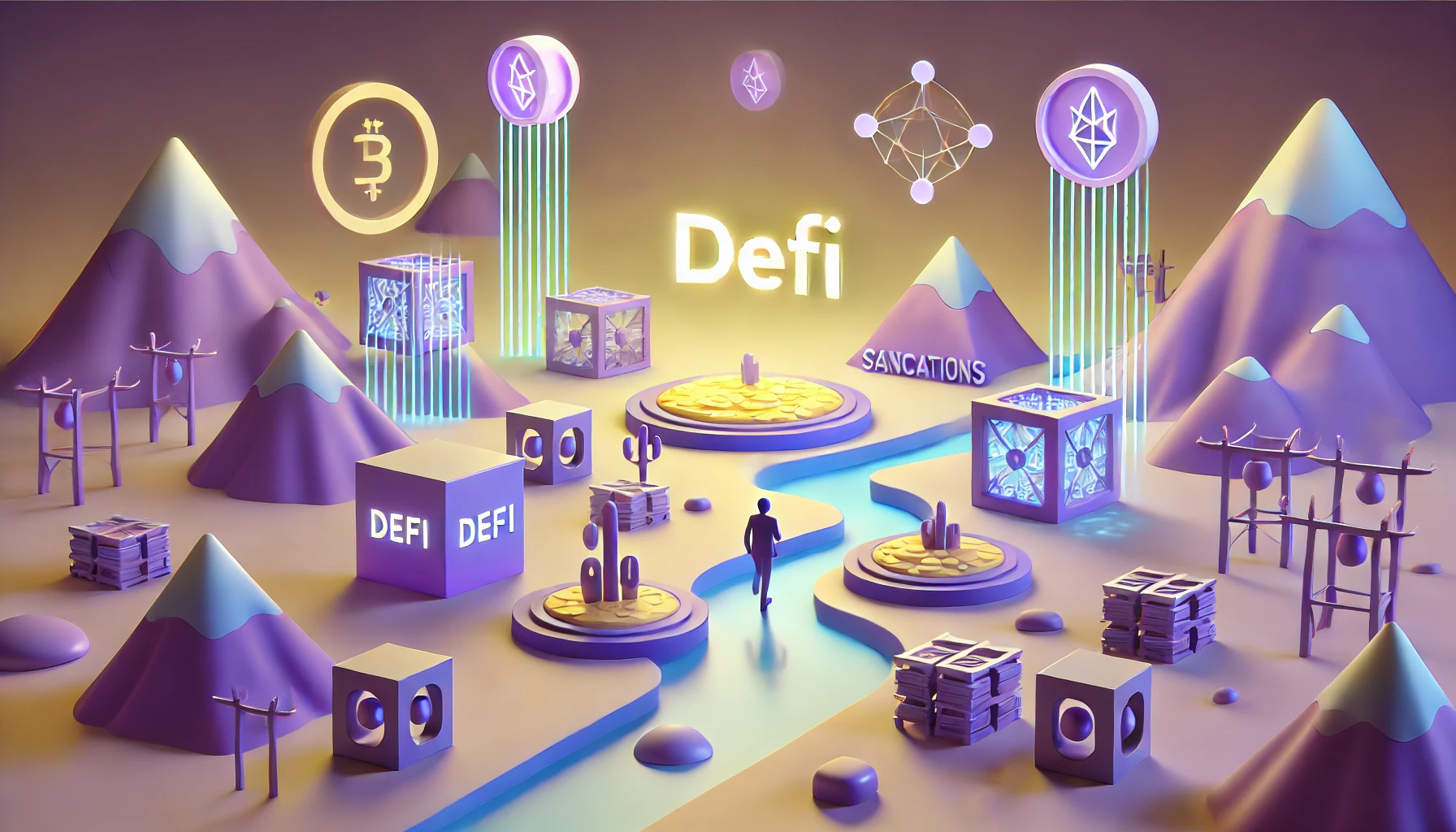At a time when environmental issues are front and centre in the news, the ecological impact of cryptocurrency mining is also becoming a major issue. One of the best-known cryptoassets, Bitcoin, is even the archetypal energy-hungry crypto.
Given this growing awareness, the launch of the Terra Pool project by DMG Blockchain Solutions and Argo Blockchain is groundbreaking in terms of reducing the ecological footprint of cryptocurrencies. As the first green mining pool, these companies hope to revolutionise the impact of Bitcoin on our planet.
We decipher for you the unsuspected effects of cryptocurrencies on the environment and the less energy-intensive initiatives being put in place.
The impact of cryptocurrencies on the environment
The over-consumption of electricity in this sector comes from the fact that most cryptocurrencies list each of their transactions in a dedicated public ledger. This is known as blockchain technology. While this guarantees complete transparency, it requires miners to monitor the transactions, and therefore to solve mathematical problems that require high-performance computers.
As a result, the major environmental impact of cryptocurrencies comes mainly from mining, which is directly linked to the work of a large number of very powerful computers that consume a lot of energy. The problem is that crypto-currencies are set to become more widely available in the near future, with the result that they will have a greater impact on the environment.
The case of Bitcoin mining
Why does bitcoin mining have such an impact on the environment?
Mining is essential to the very existence of Bitcoin; without it, the cryptocurrency would not exist. Miners, whether companies or individuals, create blocks and receive bitcoins in exchange for their work. This is known as “proof of work”. While this guarantees the decentralisation and security of the network, it requires considerable computing power.
Bitcoin is one of the world’s most popular cryptocurrencies for good reason. In February 2021, 1 hour of calculation could earn miners 4 million dollars, according to analysis company Glassnode. In reality, to ensure the security of the network, 6.25 bitcoins are created every 10 minutes. These bitcoins can be recovered by one of the network’s miners. As a result, mining farms made up of thousands of super-powerful computer systems are proliferating. They have become an integral part of the global landscape, guaranteeing a global service.
What’s more, Bitcoin’s energy expenditure is linked to its price. Its value has increased 5-fold in the space of a year! This attracts new miners equipped with machines that are as powerful as they are energy-hungry. See the current Bitcoin price.
The ecological cost of Bitcoin in figures
Mining Bitcoin requires large amounts of electricity. It’s true that renewable energies are becoming increasingly common in power stations. Unfortunately, this is not enough to offset the ecological impact of this cryptocurrency. Here are a few key figures to illustrate Bitcoin’s impact on the environment:
For every Bitcoin transaction, 300kg of carbon dioxide (CO2) is emitted. This is according to Alex de Viries, data specialist at the Dutch Central Bank.
Bitcoin mining is concentrated in certain countries. This leads to a concentration of energy consumption in specific parts of the world. For example, China alone accounts for 65% of the world’s mining activity. This is a real problem, because the country’s electricity comes mainly from fossil fuels.
At this rate, Bitcoin mining will exceed 296 terawatt-hours of electricity consumption in 2024 in China, according to a recent study published in Nature Communications.
A single Bitcoin transaction would require nearly 707 kilowatt-hours of electricity. This is equivalent to the electricity consumed by an average household in the United States for 24 days.
Confronted with this reality, Bill Gates said in an interview with the New York Times in early March:
“Bitcoin uses more electricity per transaction than any other method known to mankind”.
The billionaire even added that this cryptocurrency required more electricity for each transaction than any other process.
Less energy-intensive alternatives
The Terra Pool Project
To reduce the impact of Bitcoin mining, DMG Blockchain Solutions and Argo Blockchain have set themselves a challenge. They have decided to create the first Bitcoin mining pool powered entirely by green energy, in particular hydroelectricity.
Initiated by true experts in the world of crypto, this new project is sure to surprise many. Argo Blockchain is a major player in bitcoin mining in North America. As for DMG Blockchain Solutions, it is a company that creates environmentally-friendly digital solutions, with the aim of monetising the blockchain environment. So it’s a promising alliance that has been forged for this far-reaching innovation. The Terra Pool project will make it possible to reduce energy consumption in Bitcoin mining, without compromising transaction speed.
As pioneers in this field, the two companies hope to raise ecological awareness in the sector and encourage other firms to follow suit.
Ecological solutions for cryptocurrency mining on the increase
Other, more environmentally-friendly solutions had already been introduced in the wake of growing ecological awareness. Several cryptocurrencies, such as Tezos and EOS, have decided to adopt a less energy-intensive validation method, such as proof stake. Others, little known to the general public, have already thought about alternative, less energy-hungry operating methods and a strong commitment to the environment. This is the aim of SolarCoin, for example (find its full presentation on our website here: find out more about Solarcoin), which aims to provide financial support for projects linked to the energy transition. Another cryptocurrency of this type is ECO coin, which rewards individuals for their efforts to promote sustainable development.
But this type of initiative is still a long way from offsetting the impact of the biggest cryptocurrencies such as Bitcoin. It remains to be seen how the Terra Pool project develops and whether it can really change the energy burden of the most popular cryptocurrencies. Stay tuned…














